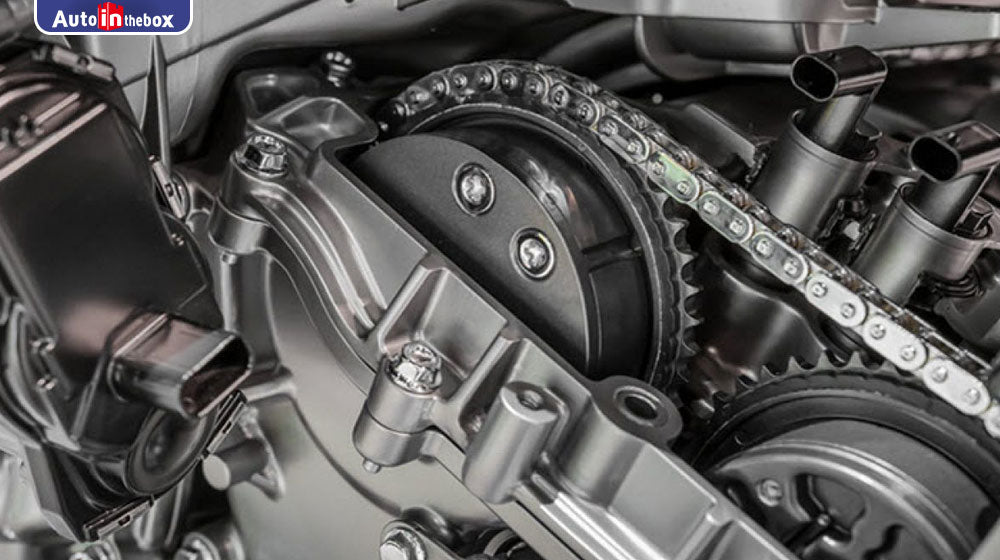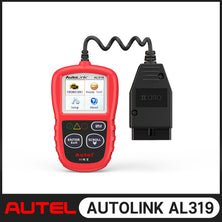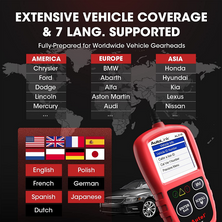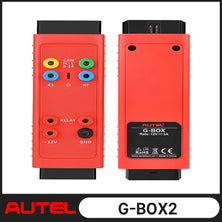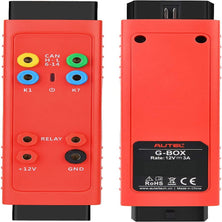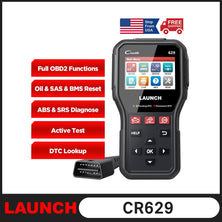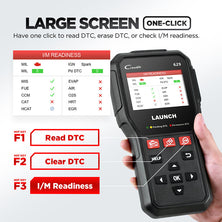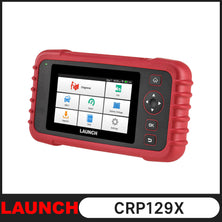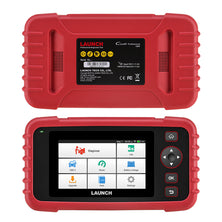
Buick 3800 Engine Problem Diagnostics
Common Problems with the 3800 Engine:
An intermittent chuggle or hesitation that can be felt during light acceleration or while cruising at highway speeds with no Check Engine light or no fault codes set may be caused by intermittent operation of the automatic transmission torque converter clutch (TCC). The problem is not the torque converter clutch or clutch solenoid, but a faulty input to the powertrain control module computer from the engine's throttle position (TPS) sensor. The fix for this problem is to replace the TPS sensor.
Vehicles that may be affected by this include the following:
1995-1999 Buick Riviera
1995-2004 Buick Regal
1995-2005 Buick LeSabre, Park Avenue
1997-2005 Buick Century
1995-2001 Chevrolet Lumina
1995-2002 Chevrolet Camaro
1995-2005 Chevrolet Monte Carlo
2000-2005 Chevrolet Impala
1995-1997 Oldsmobile Cutlass Supreme, Ninety-Eight
1995-1999 Oldsmobile Eighty-Eight
1998-2002 Oldsmobile Intrigue
1995-2002 Pontiac Firebird
1995-2003 Pontiac Grand Prix
1995-2005 Pontiac Bonneville
with 3800 V6 Engine (VIN K - RPO L36)
Intake Manifold Coolant Leaks
The Buick 3800 V6 is a fairly reliable engine, but coolant leaks on the Series II 3800 engines with the plastic intake manifold have been a problem. The OEM intake manifold gasket tends to deteriorate after 60,000 or so miles in the area that seals the cylinder head coolant passage to the manifold. The fix is to replace the intake manifold gaskets.
Intermittent Hesitation While Accelerating or While Cruising
Intermittent Misfire While Driving
An intermittent misfire that occurs while driving may be caused by a weak coil or worn spark plugs. The distributor's ignition system on the 3800 V6 is a waste spark system with three ignition coils. Each pair of cylinders shares a common ignition coil. Cylinders that are opposite one another in the engine's firing order are paired so their spark plugs share the same coil. This reduces the total number of coils needed. When each coil discharges its high voltage output, it fires two spark plugs simultaneously: one when a cylinder is on its compression stroke, and the other when the cylinder is on its exhaust stroke.
They call it a "waste spark" system because the plug that fires on the exhaust stroke does nothing. Only the plug that fires during its compression stroke produces power. Even so, both spark plugs experience roughly twice the electrode wear that spark plugs in other types of ignition systems undergo (because of the fire every engine revolution rather than every other engine revolution).
Remove and inspect the spark plugs. Replace the spark plugs if any are found to be fouled or worn. The spark plugs should be gapped to .060 inches. If the spark plugs appear to be okay, inspect the ignition wires. High mileage wires (those with over 100,000 miles on them) can develop increased resistance that may cause the engine to misfire. Replace any wires that are cracked, fit loosely, or are damaged.
If the plugs and wires are okay (or you've replaced them), and the engine still experiences misfires, use a scan tool to check for misfire codes. The Check Engine light should be on, and there should be one or more misfire codes for the cylinders that are misfiring.
The last digit on a misfire code indicates the cylinder number. A code P0302, for example, would tell you cylinder #2 is misfiring. Chances are the misfire is due to a weak ignition coil.
The three ignition coils on the 3800 engine fire cylinders are 6 and 3, 2 and 5, and 1 and 4. If you find misfire codes for any of these paired cylinders, you can be sure the problem is a bad ignition coil and not something else such as a lean misfire caused by a bad fuel injector, vacuum leak or EGR leak, or compression misfire due to leaky or sticky valves.
Ignition coils can be replaced separately on the ignition module. But if one coil is bad, it may be a good idea to replace all three on a high-mileage engine to prevent similar problems down the road.
The engine Cranks But Won't Start
There are a variety of possible causes for a no-start, but one of the most common with the 3800 engine is a bad crankshaft position (CKP) sensor or a bad ignition control module (ICM). The crank sensor contains two hall effect sensors that send two signals to the engine computer. A problem with the sensor or the wiring connection between the sensor and the computer can prevent the computer from receiving a cranking signal. Without this signal, it can't start the engine.
The crank sensor has four circuits: a 12-volt reference circuit, a low-voltage reference circuit, and two signal output circuits.
NOTE: If the crank sensor is bad and needs to be replaced, a special relearn procedure must be performed after the new sensor has been installed using a GM scan tool or an aftermarket scan tool with similar software. This step is necessary so the engine computer can correctly recognize the sensor's signals.
Diagnosing the crank sensor requires looking up the engine wiring diagram for your vehicle, then testing the voltages for the various crank sensor and ignition module circuits to find the fault. With the key on, you should find about 4 to 8 volts between each of the crank sensors two output circuits, and the low-voltage reference circuit. If the crank sensor tests badly, it needs to be replaced. The sensor is located on the front of the engine under a cover behind the crankshaft pulley. If the crank sensor tests well, the problem is likely the ignition control module, a fault in the ignition wiring harness, or possibly a fault in the engine computer.

